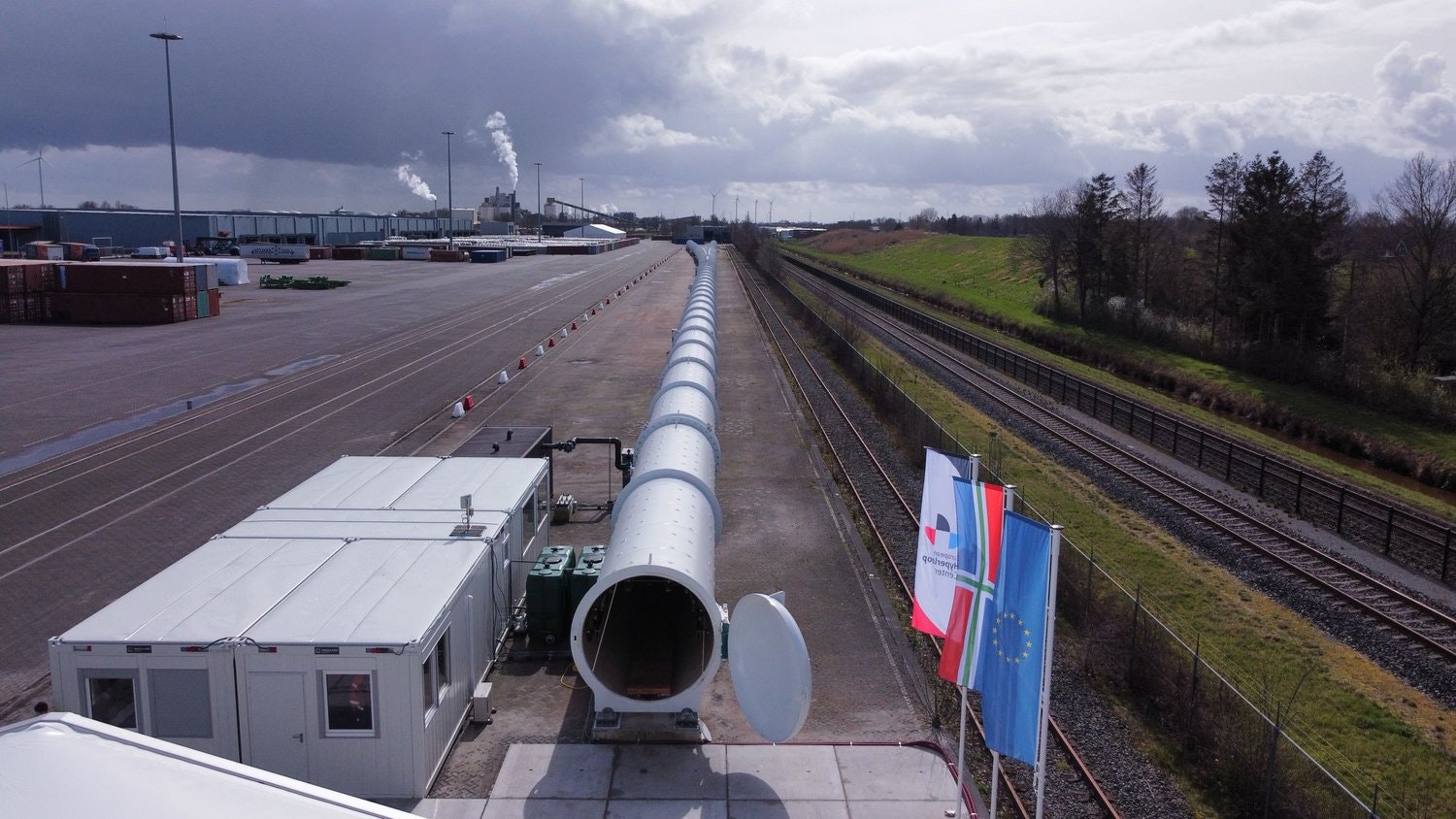Construction is a massive industry, accounting for 9% of the EU’s GDP and employing 18m people. But it’s also been notoriously adverse to digitalising and the sector’s productivity has only grown 1% in the last two decades.
This alongside evolving climate policies and the pandemic forcing new ways of working presents a golden opportunity for startups to dig into construction’s challenges.
This was the topic of our latest Sifted Talks, when we asked experts about how construction startups can hit the nail on the head, including:
- Patric Hellermann, general partner of Foundamental, a VC for construction technology
- Tara Mirkovic, SEED programme associate of Leonard, the VINCI Group’s foresight group and accelerator for innovative projects
- Ieva Sibilla Strupule, cofounder and CEO of Material Mapper, a startup that maps out buildings that are being demolished

1. Construction tech investment is on the up
Despite the (very public) rise and fall of Katerra — the once highest funded and highest valued construction tech startup — Hellermann says the industry’s investment is booming.
He says the amount of funding flowing into the sector is resembling other sectors that are far more mature, such as fintech, and expects similar growth in the next two to five years. Not only that, but he says, there’s plenty of cash ready for several unicorns to emerge.
There doesn’t seem to be a slowdown of appetite from investors to invest in construction technology... I would say if anything, it’s picking up.” — Patric Hellermann, Foundamental
2. Climate regulation is driving new tech
The construction industry is responsible for 39% of energy-related global emissions, so climate regulation like the European Green Deal, which aims to provide renovated, energy efficient buildings and create a more circular economy, will have a huge impact.
Strupule says that instead of regulation being a hindrance, startups like Material Mapper are working with new legislation to create useful tech to develop greener buildings. Other eco-friendly technologies using a similar tactic include 3D printing houses and hydrogen powered machinery.
A lot of buzz has been around the circulatority of construction and how we can make sure materials are no longer wasted, they don’t end up in landfills but they are reused or repurposed from a demolition site or renovation.” — Ieva Sibilla Strupule, Material Mapper

3. The pandemic left a gap for productivity tech
Mirkovic says the pandemic forced construction to review most work processes and exposed a lot of productivity issues.
She says the whole building life cycle, from planning to operation to waste disposal, were in dire need of improvement. As a result, startups that digitise and optimise construction processes were most successful.
We’ve all had to adapt to new ways of working and working more behind our computers. For the construction industry, which is still based a lot on paperwork and inefficient processes, we’ve seen a lot of new solutions be deployed in the past year.” — Tara Mirkovic, Leonard
4. The key to success is usefulness
The construction industry is stubborn, Strupule says, so it’s vital for startups to base their businesses in real use cases and solutions that give concrete results.
This also leaves room for new players to collaborate with corporates — as long as startups are ready to provide tangible results.
If you can prove that your solution, whether it’s software or hardware, solves a problem or makes [a process] more efficient with minimum investment, then that’s a winning combo.” — Ieva Sibilla Strupule, Material Mapper
5. Supply chains are a big problem
For Hellermann, startups that prove they can deliver real outcomes are often more exciting prospects for investment than those implementing jazzy new technology.
He says an example is supply chains, or the links between the companies that provide raw materials, contractors, builders and designers. As the pandemic has caused massive disruption in supply chains, startups that utilise current tech (that’s been proven in other sectors) are the most useful.
Some of the best growing companies that we are seeing across the globe are companies that serve with supply chain issues.” — Patric Hellermann, Foundamental
6. There’s room for more diversity
The construction industry is a male-dominated world; in the UK and France, less than 15% of people working in the sector are women.
But Mirkovic says digitalisation means the industry could become more equal. She says there’s a need for more engineers who know the tech and different types of skill sets — and there’s no reason why they shouldn’t be women.
People tend to have this image of the industry being a construction site, lifting heavy weights, but I think it’s going to move more and more towards working with software.” — Tara Mirkovic, Leonard
Want to learn more about the startups disrupting construction tech? Check out our latest Sifted Intelligence report here.
You can also watch the full Sifted Talk here:



